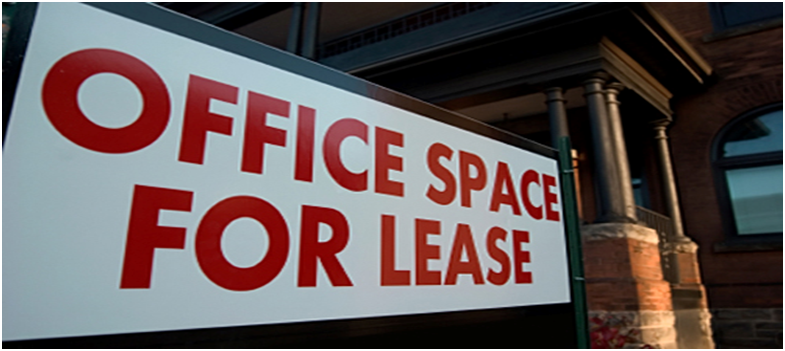If you are in the market for a new deck, chances are you have heard the terms “hardwood” and “softwood” in conversation. You may have no clue how they are different from one another if you are relatively new to construction. With lumber prices soaring, you must understand which deck material best fits your needs.
The content below compares hardwood and softwood decking and their respective pros and cons to help determine which option is right for you. The best way to do this is to discuss your options with a professional such as deck builders in Paoli, PA. They can use their local expertise to point you in the right direction. They understand what material is the best fit for the weather in your area, and they can help you determine options that fit within your price range.
What Is Hardwood Decking?
Hardwood decking comes from slow-aging trees. Some common hardwood tree examples are broad-leaved trees like:
- Oak;
- Maple;
- Hickory;
- Magnolia;
- Walnut;
- Cherry.
These trees take longer to grow and since they are more complex, they also take longer to process into deck material.
Hardwood Advantages
The biggest advantage to hardwood is that it is considered the highest quality decking material. It is solid and lasts a long time (if properly maintained). Since it is solid, it is rated for more weight than other woods. There are also more hardwood colors options than softwood. Hardwood is more resistant to wood rot, warping, and it is more fire-resistant than softwood. Lastly, hardwood is said to get better with age — just like a fine wine.
Hardwood Disadvantages
The largest disadvantage to hardwood is the cost. Since they grow in more tropical regions and take longer to grow, they are the most expensive wood option. Hardwood is more challenging to install because of its biological makeup. The more solid the wood, the more difficult it is to install. This gives you less flexibility with designs like herringbone or chevron. Lastly, hardwood requires the most upkeep. Thia includes upkeep like daily dusting, weekly cleaning, quarterly polishing, and refinishing every 3 to 5 years.
What is Softwood Decking?
Softwood decking comes primarily from evergreen and coniferous trees. The kicker is that some softwood is harder than some hardwood. Some softwood tree examples include:
- Pine;
- Cypress;
- Cedar;
- Fir.
Softwood trees do not lose their needles because they go dormant. They are generally much faster to grow when compared to hardwood. Contrary to popular belief, softwood does not mean the wood is weak or delicate — just that it is not as strong as a hardwood. It is primarily a biological distinction.
Softwood Advantages
One advantage to softwood is that it is significantly less money than hardwood. It is considered one of the cheapest decking materials available. Growing and cutting down softwood trees is considered to be more eco-friendly than hardwood as well. Since some softwood is more malleable than hardwood, it makes it more customizable. It is easier to work with and easier to install, so there is more potential for getting the exact design you are looking for. Since softwood trees are more prevalent and grow quickly, they are often more readily available. Lastly, softwoods have more
Softwood Disadvantages
The biggest disadvantage to softwood is that it isn’t as strong as a hardwood. Softwood is not a great option for a highly trafficked area — so this is why so many choose hardwood for indoor flooring needs. Softwood is considered by many to be a “short-term” solution. Softwood also requires additional treatment to avoid unwanted growth (like fungus) and to combat pests. Even though softwood requires less maintenance than hardwood, it still needs regular upkeep.
Are there More Options?
Natural wood is a huge selling point for many homebuyers, but wood alternatives have become increasingly popular for both longevity and reduced costs. Real wood needs to be stripped down and refinished every few years, while alternatives do not. Some of the most common natural wood alternatives include:
- Composite decking;
- Plastic lumbar;
- Aluminum decking;
- Deck tiles;
- Silica decking;
- Vinyl decking;
- Rice hull decking;
- Polyvinyl chloride (PVC) decking;
- Rubber pavers;
- Bamboo decking.
Which Is Best?
The decking material that is best for you depends on a several factors — some of which include:
- Budget: Plain and simple, if you have a limited budget, hardwood decking is likely not for you;
- Use: If you are planning on spending the majority of your time on your deck, hardwood is likely the better choice since it will be a highly trafficked area;
- Location: Some geographical areas may not be a good option for softwood — the same goes for hardwood. For example, if your deck isn’t covered, and you live in an area that has extreme elements, softwood may not hold up to the elements;
- Existing wood: If you have existing wood decking, you may want to just replace some boards that need it. This will reduce material costs and labor. If that is the case, you will want to match whatever type of existing wood you have;
- Preference: This is the biggest thing. Your personal preference is what matters most. If you like the feel and look of hardwood, go with hardwood. If you like how customizable softwood is, go with softwood.






